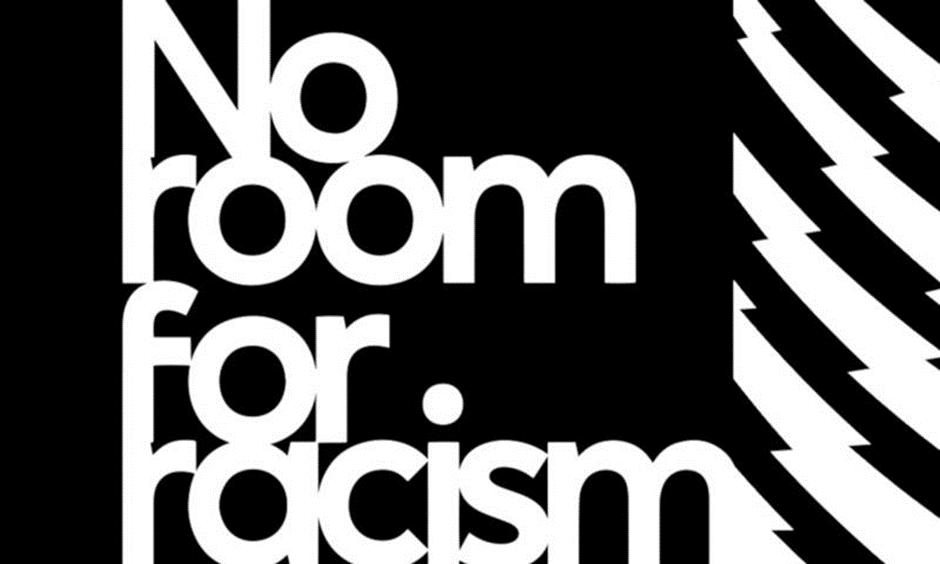
2 minute read
The Future of the Arts
ARTS
What does Covid-19 mean for the Future of the Arts?
Advertisement
Covid has brought about changes in many aspects of society and one of them is, of course, the arts. As a sector of life that brought much revenue, the arts has had to adapt and remould itself.
In 2018, theatres across the UK attracted more than 34 million visitors. In 2019, the audience in London theatres alone was 15.3 million, making London “the world’s leading theatre destination”. However, due to Covid, what are the possible consequences in a country which has had a year when visiting the theatre has been impossible?
For one, many theatres and gigs are going bust. Nuffield Southampton Theatres, one of the leading art institutions in the South of England, experienced its closure on July the 2nd after going into administration in May. Eighty-six people had to lose their jobs. This isn't an isolated experience; many other theatres are also facing the possibility of going bust this year.
Since the first lockdown, cinemas such as Cineworld have faced the impact of Covid with members of the public not being able to watch films in cinemas. The whole film industry has suffered under Covid with many losing jobs and the release of blockbuster films, such as Dune or No Time To Die, being delayed. In addition, the production of films and TV shows have been halted, meaning films and shows that people may have wanted to watch this year will have to be seen later on in the year or even next year.
Musicians who rely on revenue from hosting festivals in the summer and spring were not able to perform any gigs this year due to lockdown and social distancing. This has led to the permanent closure of many small gigs. Many gigs, such as Glastonbury or BBC Radio 2 Festival, have had to go online which has led to financial loss.
Without being able to go into stores, there has been a reduction in physical sales of DVDs and CDs since retail stores have been closed. Therefore, streaming services, such as Netflix or Spotify, will continue to become more popular amongst the public.
Dancers have also had to stop their live performances, although many lessons and performances have been posted online. Freelance dancers who aren’t part of the big dance companies have especially struggled and many have had to find alternative ways of making money. A large number of dancers at the moment agree that a different system should be implemented by the government to support dancers, such as a universal basic income which pays dancers unemployment benefits between jobs. Covid-19 has also highlighted the problematic unequal distribution of money between dancers, administrators in the industry and the organisations in charge. Perhaps in the future the dance industry will change this distribution so that dancers can continue their passion whilst receiving the money they deserve.









